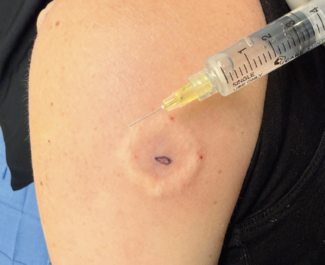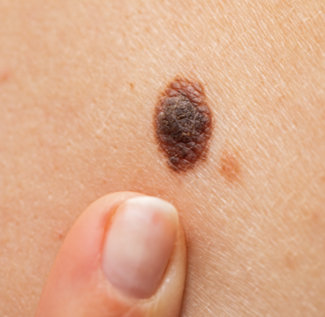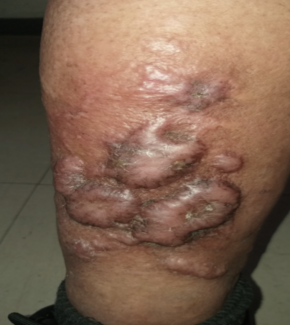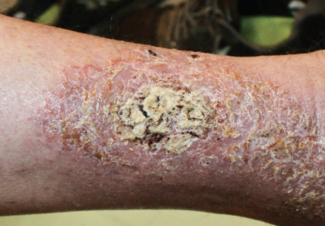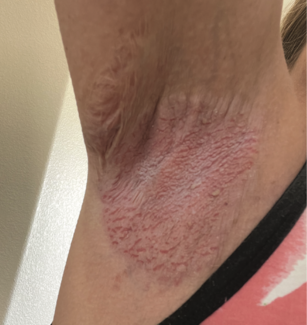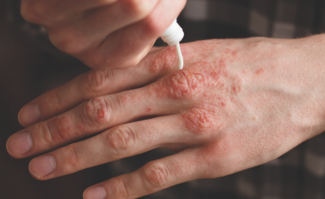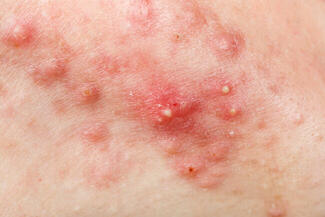Exploring the Link Between Stress and Skin Disease
In his Dermatology Week 2025 session titled “Mind-Body Approaches for Skin Disease,” Dr John Koo highlighted the crucial link between mental health and skin conditions, emphasizing how stress can worsen conditions like psoriasis and atopic dermatitis.
Dr Koo opened the session by explaining the concept of psychodermatology, which includes both psychophysiologic disorders (skin conditions aggravated by stress) and primary psychiatric disorders (such as delusions and anxiety disorders) that manifest in dermatologic symptoms. He focused on how stress-induced inflammation impacts common conditions like psoriasis, acne, and eczema.
Stress triggers 3 key physiologic mechanisms that worsen skin conditions: cortisol release from the adrenal glands, activation of the sympathetic nervous system, and localized hormonal inflammation within the skin itself. Dr Koo highlighted how stress can increase inflammation through cytokines like IL-1, IL-6, and TNF-alpha, which are common to both skin diseases and mental health issues, such as depression and anxiety.
While the scientific mechanisms are complex, Dr Koo emphasized that the clinical takeaway is simple: Dermatologists must recognize when stress is a significant factor in a patient's condition. By acknowledging the mind-body connection, clinicians can provide more holistic treatment options. Stress management techniques like mindfulness, biofeedback, and cognitive behavioral therapy were identified as effective nonpharmacologic interventions that dermatologists can recommend.
Additionally, Dr Koo discussed pharmacologic approaches for managing stress-related skin conditions. While psychopharmacologic agents like buspirone (Buspar) can be used for anxiety, he stressed that dermatologists are already familiar with medications like antihistamines and low-dose antidepressants, which are useful for both treating anxiety and alleviating skin-related discomfort.
Dr Koo also touched on the emerging "cytokine theory" of psoriasis and depression, suggesting that both conditions may stem from shared underlying cytokine imbalances. He recommended more aggressive dermatologic treatment, including biologics and Janus kinase inhibitors, for patients experiencing both severe skin conditions and mental health issues, as these treatments address the inflammation at the root of both problems.
Dr Koo concluded the session by urging dermatologists to incorporate stress management and mental health support into their clinical practice to improve patient outcomes with chronic skin diseases. His session underscored the importance of considering both the skin and the mind when developing comprehensive treatment plans.
For more meeting coverage, visit the Dermatology Week newsroom.
Maximize your experience by adding up to 90 days of on-demand access. Find the package that works for you. Upgrade here.
Reference
Koo J. Mind-body approaches for skin disease. Presented at: Dermatology Week; May 14–16, 2025; Virtual.







